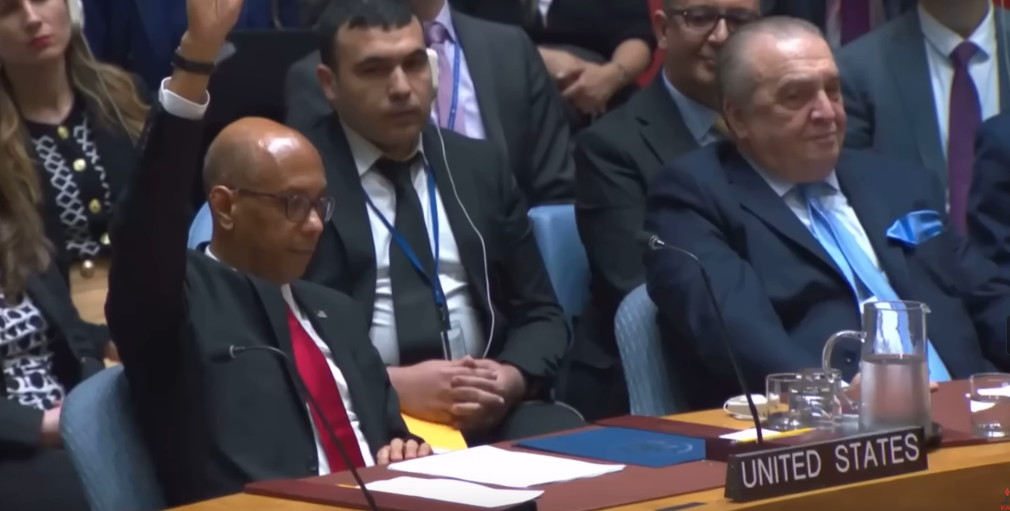Common image of suicide rope
Police in Aswa River Region revealed that the rampant suicide in Northern Uganda is being fuelled by domestic brawls. Since October 2019 to date, the region registered 35 cases of suicide where majority were fuelled by domestic brawls.
On Wednesday 19th of February 2020, a 30 year old man in Lamwo District hanged himself on a tree at his in–law’s home after his wife denied him sex. Moses Olara, a resident of Agoro Sub –County in Lamwo district had gone to his in–law’s home to visit his wife identified as Scovia Atoo where she had been there for the past one week helping her parents harvest sorghum.
Police say, Atoo declined to meet Olara’s sexual demand saying their children whom they were in the same hut with were still awake, something that sparked a quarrel between them. It is out of that frustration, that Olara stormed out of the hut to go back to his home in a neighbouring village, only to be found by his wife few minutes later dangling lifeless on a tree just five meters from the hut.
Similarly, a 32 year old man identified as Kennedy Akena, a resident of Pader Town Council in Pader District on Saturday February 15 2020set his house ablaze before hanging himself on a mango tree two kilometres away from home. Akena decided to take away his life after his wife abandoned him following a domestic brawl.
Jimmy Patrick Okema, the Aswa River Region Police Spokesperson told Black Star News in an interviewed that majority of the suicide cases in the region are related to domestic violence.
“It is quite unfortunate that not many people have taken keen interest to understand why people are taking their own lives. But on many occasions we have advised members of the public particularly the traditional and religious leaders who handle our spiritual lives to give more time to teach about our social lives. Every time that we carry out our investigations, it always points out that these vices are caused by domestic violence.” Okema said
Okema cries out that the fight against suicide in Northern Uganda should not be left only in the hands of the police. “Not only police, we need to put hands together so that we help our community members or else we are going to be losing people like that.”
Pat Robert Larubi, the Communication Officer of Mental Health Uganda revealed that majority of those who commit suicide are men because men do not open up to discuss their problems with other in order to find solutions to those problems.
“Men think that they are the strong figures in the families. They don’t want to share their problems with others and the repercussions of that is suicide. And yet by sharing your problem with others, it helps reduce the chances of suicide.” Larubi Reveals
However, a report by the UNIPH -Uganda National Institute Public Health Quarterly Epidemiological Bulletin indicates that Uganda has a high suicide rate of 18.67 percent with men at a higher risk than women.
Larubi recommends that there is need for a Community Based Approach in the fight to curb down suicide in the region. He also appealed to the general public to give company, comfort and share with those who are depressed in a bid to reduce the chances of suicide.
Rev. Godfrey Loum, the Anglican Vicar of Christ Church Parish in Gulu City condemns the act of committing suicide saying it is against the Ten Commandments of God.
“From the perspective of the Church, suicide is something that is not right because nobody has the right to take the life of another person including their own. One of the Ten Commandments, there is one of the precepts which says do not kill, this does not only mean you should not kill another person but you can kill yourself, it also means you cannot kill yourself.” Says Loum
“Life comes only from God and nobody has the right to take even their own lives, so life has to be preserved and also the churches’ teaching is that suicide is unacceptable that is why even in the burial, the deceased is not buried the way any other Christian is buried, the liturgy is different.” Loum Reveals
Ambrose Olaa, the Prime Minister of Acholi Chiefdom told Black Star News that ending the rampant suicide in the region is beyond the structures of the cultural institution. He points out that it should be a protracted program to address the shortcomings of the post conflict recovery phase by focusing on things like psychosocial support, life skills support and improving human capacities.
“Ker Kwaro Acholi alone will not do that. There are so many things required outside Ker Kwaro Acholi. Government has to come in and the Civil Society Organizations as well.” Says Olaa
Report from the World Health Organization indicates that globally, about 800,000 deaths resulting from suicide are recorded. Uganda takes the 68th position in terms of suicide prevalence which is at 9.9 percent according to the World Health Organization’s estimates of 2018.












